Sharing 16 – The Lay Marist Vocation
Download PDF: English | Español | Français | Português
CHAMPAGNAT SPIRIT LIVES IN US AS WE SHARE IN HIS MISSION IN AFRICAN CONTEXT
Br. Elias Iwu Odinaka – Coordinator of the Commission for the Laity and Brothers of Africa
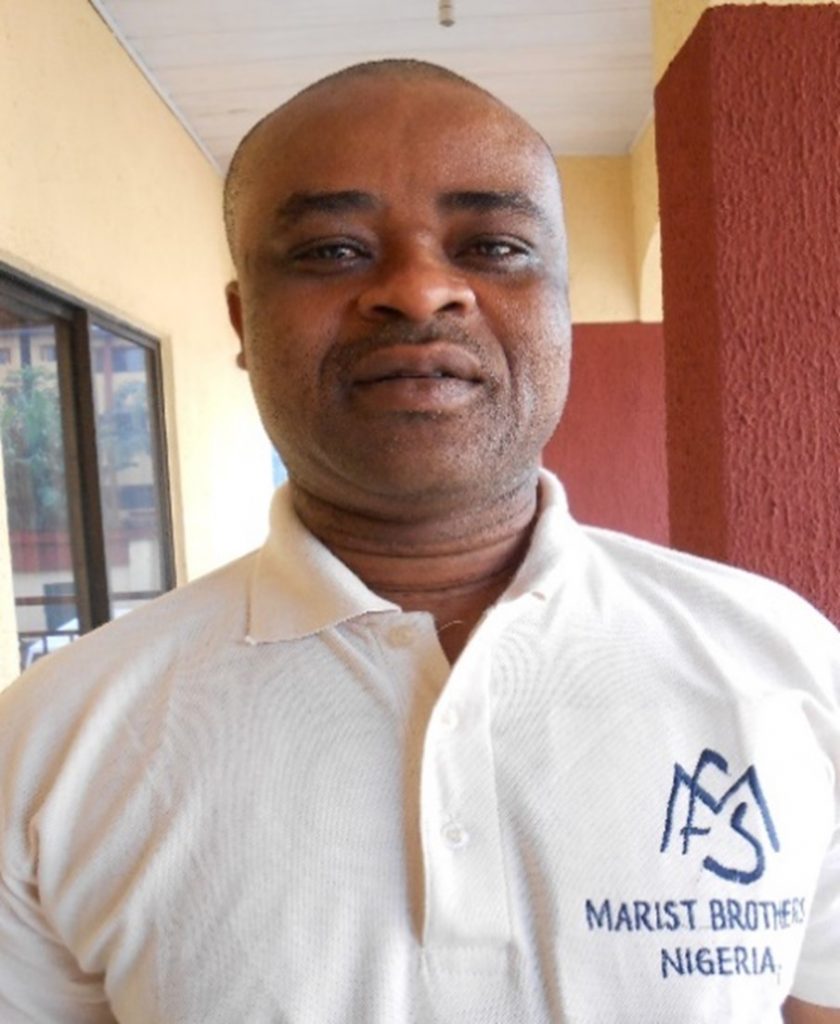
The month of June remains one of the most important months in the life of every Marist. Even if you ask any kid or adult, most especially, places where we have Marist establishments they will always attest to that.
June, precisely 6th, is the day we celebrate the Feast Day of our Saintly founder, Marcellin Champagnat. He was born on 20th May, 1789 and died on 6th June, 1840.
In Africa, we have strong connection with the dead, especially, the person who lived a life worthy of emulation. The children and relatives are said to be very proud of their deceased relatives. They are in communion with him/her. They do everything within their power to keep the legacy he/she left behind and will immortalize his/her name. Other people will always like to associate themselves with that family because the name of that family is synonymous to goodness. For example, when a child behaves in a good and acceptable manner, people tend to ask, who is this child? Where is he/she from?
The motive of the questions is to find out why his/her character and way of life is quite exceptional. There is always happiness and joy when you hear that he/she is the son or daughter of a deceased person who lived a life worthy of emulation. People will always react in affirmative ways supporting their insinuation, no wonder! The child is exceptional, he/she is a true photocopy of his late parent.
As Marist, we are always happy to have Marcellin Champagnat as our father and brother. We are proud to associate ourselves with him. We cherish his simple life style. We share in his Mission and there is connection that makes it easy for a Marist in Zambia, Malawi, Madagascar, Nigeria, South Africa, Angola, Ghana, Cameroon, Liberia, Zimbabwe, Ivory Coast, Chad, Mozambique, Kenya, DRC, Rwanda, Tanzania to mention but few could speak with one voice and same “language” in sharing the simple life style and Mission of our Saintly founder, Marcellin Champagnat.
Being a Marist means that we have been attracted to the lives of worthy emulation St. Marcellin Champagnat lived and we are proud of him. At the same time, people around us observe from a distance our way of life, they ask similar questions, who are these group of people? What makes them different from others?
In their attempt to discover who we are and what makes us different from others, they end up joining us and become Champagnat disciple whose spirit lives in us as we share in his mission.

This month’s issue has been prepared by the Africa Region.
MY EXPERIENCES AS A MARIST OF CHAMPAGNAT
Br. Elias Iwu Odinaka – Province of Nigeria
As a typical African child, I was born and raised in a family of six, five boys and one girl, with strict adherence to the laws and norms of the society. I found myself in search of truth and light, which led me to join the Marist Brothers of the Schools when I made my first religious profession in June 2001.
In May 2005, I finished my scholasticate at the Marist International Center, Nairobi, Kenya, and returned to my country. I was appointed as Secretary of the newly formed Commission in my Province, called the Lay Identity Commission. A rewarding responsibility that I took on with all my heart.

As a person who has gone through the postulancy, novitiate, scholasticate and formed in the Marist Spiritual Patrimony, my experience as an African lay Marist reminds me of Champagnat and his first disciples. There is a constant search and desire to know the truth and the answer.
The sense of commitment, belonging, responsibility, solidarity, sharing, respect, mutual understanding and fear of God are rooted in the norms of society.
On the other hand, there is the fear of the unknown that positively drives African lay Marists in the midst of all the difficult challenges, such as government policies, limited resources, poor road network, poor communication system and inadequate human resources are some of the examples, and there are others that make them more resistant to witnessing the gospel.
In 2013, with the help of the Extended Secretariat of the Laity, we founded the African Commission of Laity and Brothers in Nairobi, and a representative of the five Administrative Units in Africa (AU), comprising the District of West Africa (now Province of West Africa), PACE, Nigeria, Madagascar, and Southern Africa.
AFRICAN LAY AND BROTHERS COMMISSION
Marists in Africa live and will live the charism of St. Marcellin Champagnat by nurturing the trust and goodwill that exists between brothers and laity. As we look to the future, we will work side by side to make Jesus known and loved, sharing the legacy that has been entrusted to us. The people of Africa will see the face of a family united toward a single vision in our mission.
The objective of the Commission is to promote the formation of brothers, lay Marists and shared formation to develop a new relationship and understanding of the lay Marist vocation. And, to identify opportunities in each AU for greater sharing and collaboration between lay people and Marist Brothers, and to nurture our co-responsibility for the Marist charism. Another important goal is to mobilize and share financial resources, materials and human capital.
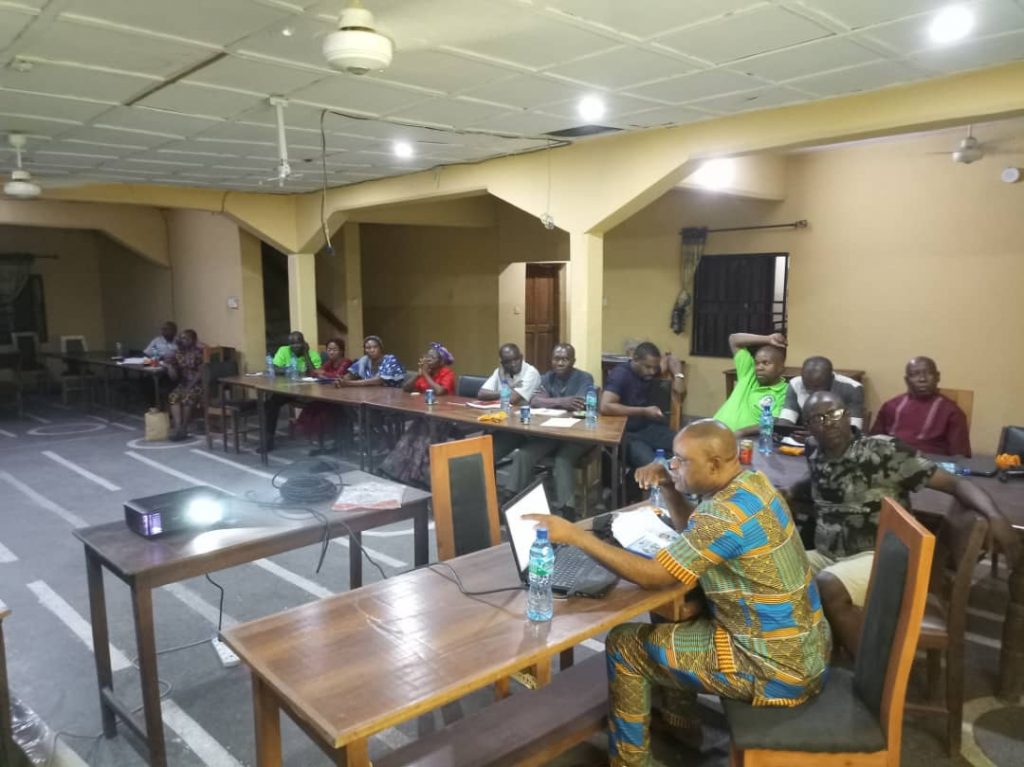
MY ATTRACTION TO MARIST LIFE AS A LAY PERSON
Salome Ifeoma Nnamani – Province of Nigeria
I was born in Orba, Nsukka, Enugu state, Nigeria and I received catechesis from my childhood which is the basis for my faith. My faith as a Christian became deepened while growing with the love of Jesus and Mary, with the inspiration I got from the World Apostolate of Fatima, Blue Army of our Lady association (soldiers of Mary, fighting with rosary). At home, I actively participate in different pastoral activities of the church.

Moreover, I joined the Marist Institution in Nigeria as a classroom teacher in the Marist Nursery and Primary School, Uturu, Abia State. Inspired by the simple lifestyle and dedication of the men, I met being the owner of the institution. I asked myself, who are these people? Why are they down to earth in their ministry? I was moved then to start asking some brothers on what their vocation is all about. I was introduced to the life of St Marcellin Champagnat from where I learnt and became convinced that it is good to emulate this precious lifestyle.
Being Marist for me then is to be sensitive and open to the needs of others, with the reference to the practical charitable lives living by the Nigerian brothers. And also to share and grow together in love of our fellow Christians in the community, which actually are the favourable lives I learnt from the brothers around me. To be Marist is to see how I can do my best for the community, where I find myself and to my ‘neighbors’. As a secondary school teacher, I help in teaching the weak students, answering and resolving their academic problems. I also join other Lay Marists to teach catechesis to those preparing to receive the sacraments of the church. Above all, to create peaceful atmosphere around me is my hobby. Meanwhile, to be a Marist is to propagate joy, happiness and love for our neighbours.
In addition, the Lay Marist vocation for me is to be close to God and to be at the service of humanity especially the needy young people, just as Saint Marcellin Champagnat invited all Marists, in their beginnings, to be in love with Jesus and the Good Mother Mary, and to promote devotion to them through catechesis and Christian education, to give time, dedication and affection for the promotion of the Kingdom of God. In this way I began to get closer to the members of the Lay Marist in my school and decided to respond to my conviction through commitment to Marist Values and way of life.
For me, the distinctive characteristic of Marist Education: Presence, Simplicity, Family Spirit, Love of work, and in the way of Mary are also the best way to live the communal life that is promoted in the society I belong and in this way the promotion of the church of communion commences.
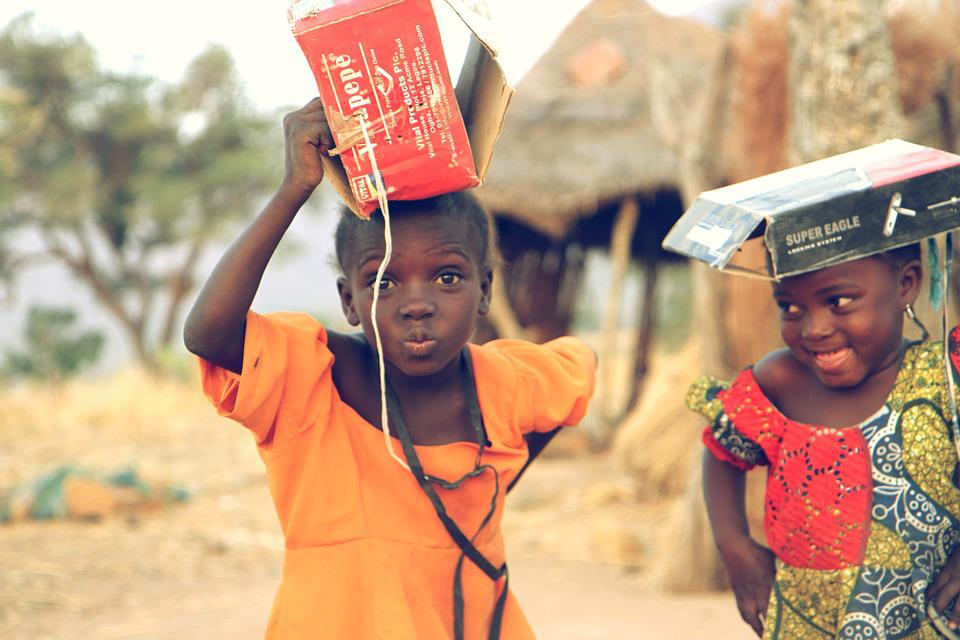
I must confess with my total submission that it is something of a great joy and a great privilege to discover the Marist family and to be part and parcel of the global family rooted in the dreams and lived experiences of the founder, saint Marcellin Champagnat.
MARIST SIMPLE WAY OF LIFE
Ozoh Rufus Chimezie – Province of Nigeria
I came in contact with Marist Brothers in 1973, two months after my birth. My father died about three months later and it became very difficult for my mother to raise me and my eldest siblings. She was told about Marist Brothers at uturu and she quickly took us there where we were warmly received by the Brothers. They took care of us and offered my mother a job.
The Brothers really took care of our family and showed us lots of love. This gesture endeared me to the life of Marist Brothers. I did my secondary education at Marist comprehensive academy Uturu. Brothers played a major role in my education and formation as a youth. Growing up, I developed love for Marist Brothers because of their way of life. They imbibed in us the zeal to have strong devotion to God and live a prayerful life. They love young people and always bring children close to God through catechism.
At the end of my university education, I decided to work at Marist school Nteje, despite the job offered by the government and private establishments. To me this gives back to the young ones the formation I received from the Marist Brothers. Though, I did not join the Marist Brothers as a professed Brother I was one of the pioneer members of lay Marist in Nigeria in 2005. This offered me the opportunity to work closely with the Brothers In their divine mission in the world and Nigeria in particular. In 2009, I represented Africa lay Marist at the 21st General chapter in Rome and the II Marist International Mission Assembly, in Nairobi, Kenya in 2014.
In the province (Nigeria Province) I have been elected on three occasions by the lay Marist to attend the Provincial chapter as an observer, the same as two times I was delegate in the provincial assembly. The Province appointed me in 2012 as a member of the vocation team, to help recruit young people who wish to be Brothers. I accepted this appointment with whole heart because I love the spirituality and mission of Marist Brothers.
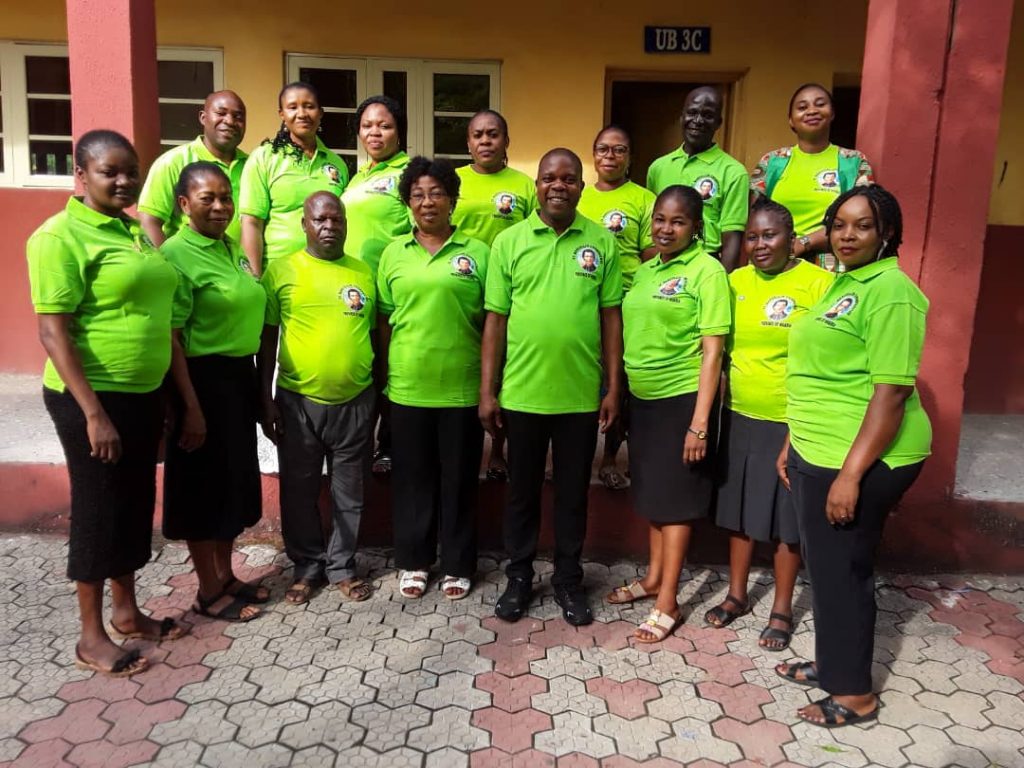
By 18th September 2021, seven of the first set of young people we recruited will be taking their perpetual vow. I thank God for the gift of Marist Brothers, through whom I’m able to work for God in recruiting young people who will work in his vineyard.
The work as a vocation promoter in Nigeria Province has not been an easy task due to security challenges, poor understanding of Brotherhood by the youth and about religious life, etc. With the teachings of our founder St Marcelin Champagnat, so many young ones have embraced religious life.
Being a lay Marist is a vocation which has helped me to share in the spirituality and mission of the Marist Brothers. It is inspiring.
I’m attracted to Marist life because of:
Marist Simple Way of Life
The Marist lives a simple life of humility and obedience, which is one of the virtues of our Blessed Mother Mary. They relate easily with the lay faithful especially the young ones, less privileged and those living in the margins of life. Through this means however, the Marist preach the gospel of Christ to those who were denied the opportunity of receiving the gospel but really yearn for it. These they do following the intuitions of our founder St Marcelin Champagnat.
Spirituality
Marist Brothers live a life of prayers. This is evident in their community life, daily participation in the Eucharistic Celebration. Marists strive to make people see Christ through them by their prayers life and practical Christianity (living out the gospel). They encourage the Lay to pray with them so as to replicate this spiritual life in their various homes and communities. Children are thought catechism by Marist Brothers, young people are encouraged to live the life of Holiness and love of God.
Global Community
Marist reaches out to young people across the globe. This is very interesting as young people across the globe are thought the Marist way of life through schools and visitations.
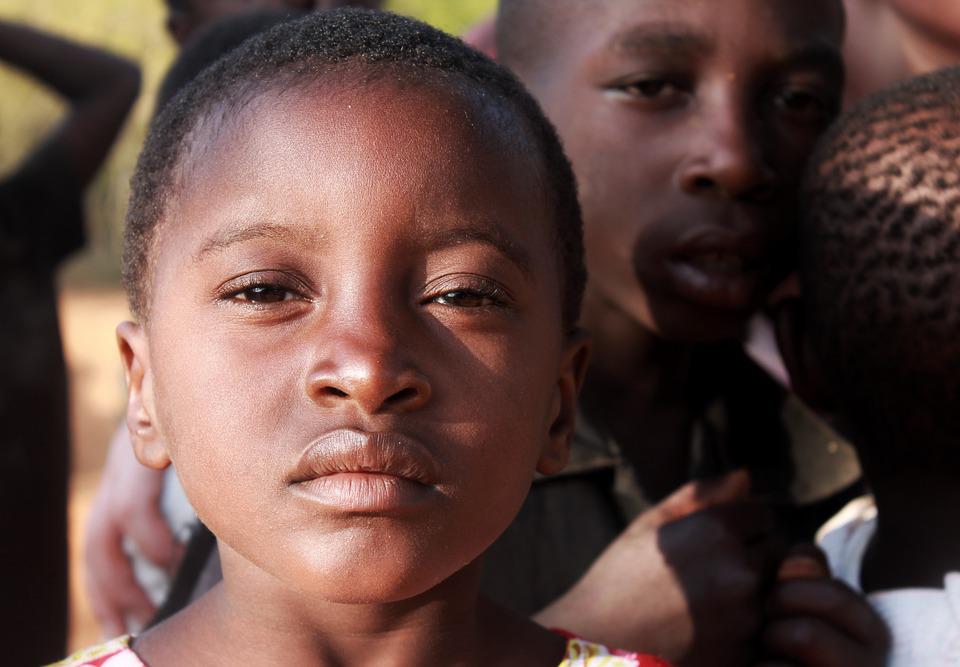
Love For Children
Marist love for children and young people is unequivocal. They give special attention to children, teaching and guiding them to grow in love for Christ and our Mother Mary. Marist do not despise children and young people rather they help them in their life formation and development.
Lay Participation
This is a welcomed development. Lay Marist are allowed to share in the spirituality, mission and Charism of the Marist Brothers. This allows us (Lay Marist) to be part of the Marist apostolate. In living the Marist way of life, the lay faithful identify with indigent or poor people in the society, reaching to them and helping in any way(s) they could in lifting them financially.
These and more are what attracts me to Marist way of life. Living the Marist way of life is the best way to serve God and humanity for our salvation. We thank God for the gift of His son, our Lord Jesus Christ who gave salvation to mankind. And St Marcelin Champagnat, through his teachings of Christ and love for young people, our societies are being transformed to a better place.
Let’s see the world through the eyes of little children and young people (Br Sean).
MARY AND THE SIMPLE LIFE
Ezeani Maureen Azuka – Province of Nigeria
I came in contact with the Marist Brothers in 2010, as an English teacher at one of their schools in Nigeria, Marist Comprehensive College Nteje, in Anambra State.
Even though I came as a classroom teacher who had to teach her classes and then go home, there was something very special about the Marist Brothers that made me like their way of life, something I had not experienced in other organizations I had worked with, and that is the life of prayer and humility (Marian Life).
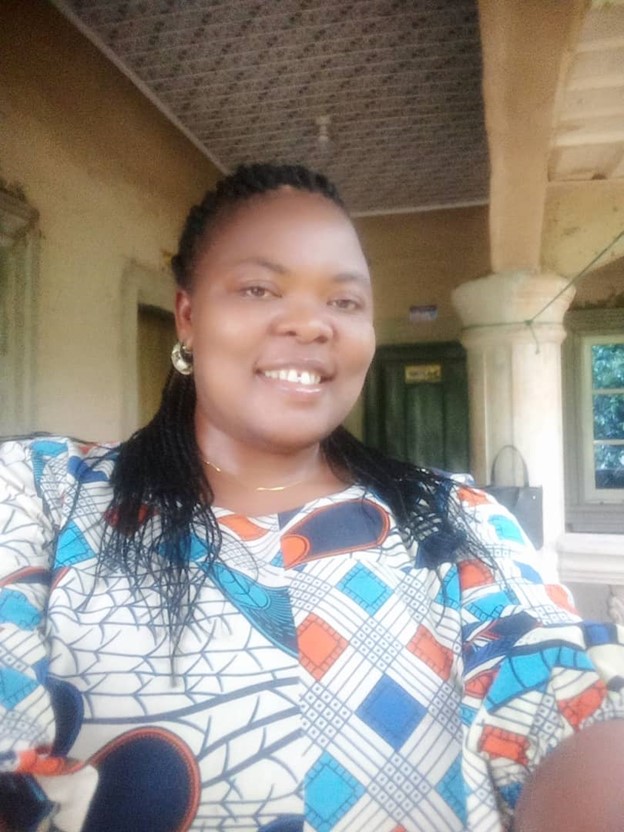
I love everything about Mary, and I like the way the brothers act. This unique resemblance to Mary and the simple life made me feel at home with the brothers. In fact, at that time, Marist was my second home. And everything related to spiritual growth was easily accessible.
FOLLOW CHRIST AS MARIST DID
Colette Razafinatoandro – Province of Madagascar
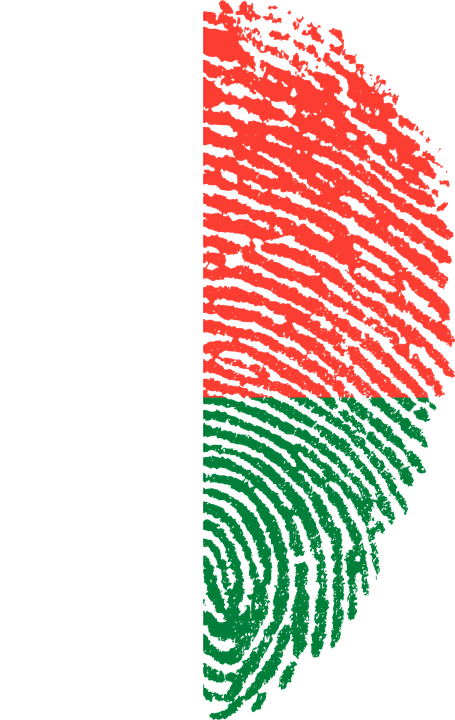
I am a mother of 4 children. I do not have direct contact with the Marists but I live near one of the Marist schools and I meet some Brothers from time to time. I heard them talking about their charism. I am touched by their simplicity and the way of life to follow Christ as Mary did so I try to live as Christ lived. I pray and accept also to carry the cross.
I am attracted mainly by the simplicity of the Brothers following the example of Mary. I try to live Marist charism in my daily life. For example, to make Jesus known and loved through catechism, to live simple life, to pray regularly. I also appreciate the collaboration and communion among the Marists.
When one of us is in a situation of sadness (sick or mourning…), we express our communion, the same if there is happiness. We live communion in sadness and happiness.
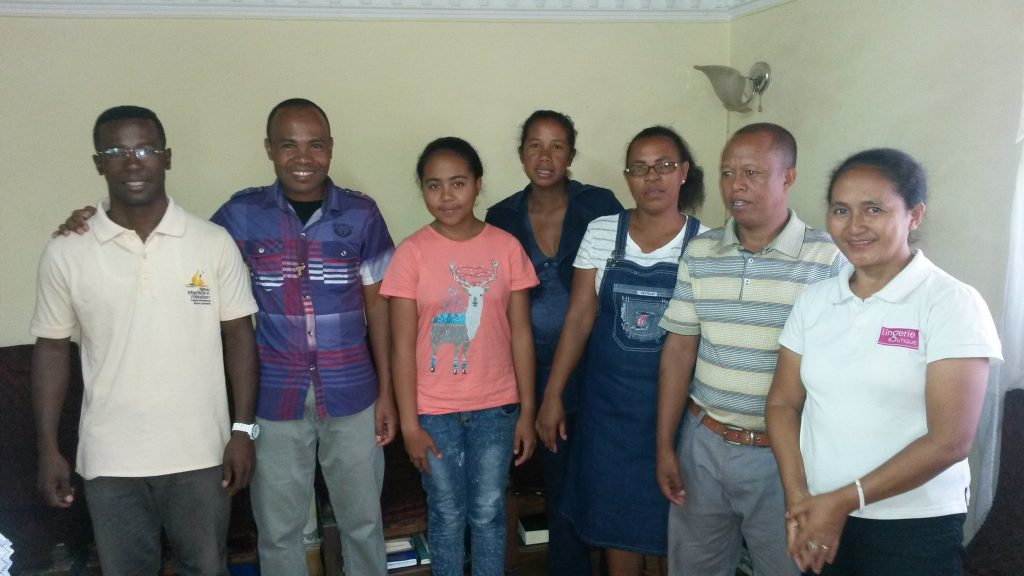
GOD CALLS ME TO THE MARIST MISSION
Samuel Adu-Nontwiri – Ghana
As a former teacher and a building expert, I feel awesome to belong to this great mission of the Marists of Champagnat. When my Provincial, Brother Cyprian Gandeebo, gave me a wooden Marist cross (crucifix), I was so delighted and said to myself, I have to go the extra mile to augment whatever I am doing for myself in the mission of the Marists of Champagnat.
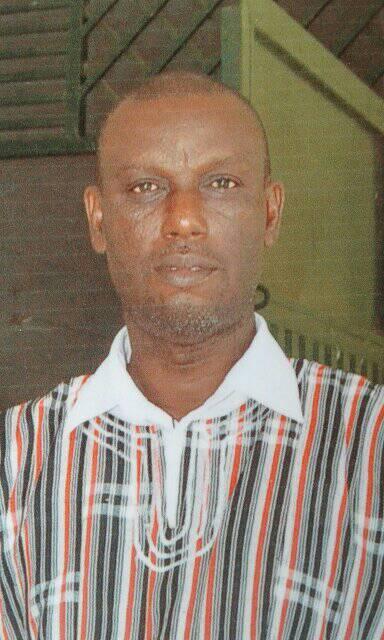
As a legionary, who made hospital visits as an apostolate, little did I know God was calling me to the Marist mission. It was a Reverend sister who told me about the Marist Brothers. I looked for them and I admired their mission: working with the youth, especially the marginalized. Then when I got closer, I saw that their humility, their simple lifestyle, and their spirituality was fantastic. More so, Mary their Good Mother was the Mary of the Legionaries. The similarities brought me closer and I joined the Champagnat Movement of the Marist Family in the early 1990s. When I came closer, I admired their lives: at the table, they shared their day’s activities, experiences and advice themself as what to do going forward.
I also started reading some literature about the Marist Brothers and the Lay Marists from the internet. Sometime later, I decided to join the Lay Marist. At the beginning, the coordinator, Br. John Kusi Mensah, invited me with a few people who showed commitment to to join. I felt deeply interested to join the group and I said to myself that I will do everything to be a Marists of Champagnat.
This desire made me to tell the former District Superior, Br. Francis Lukong, that he could send me for a mission in any part of the Marist World.

I made the same request to the current Provincial, Br. Cyprian Gandeebo, that I am ready for any work he will want to assign me. I have always admired the spirituality and their mission to the youth. I have always longed and dreamed to be a missionary in any part of the Marist world.
On the basis of this, I accepted an invitation to the Marist mission in Liberia – Monrovia. After returning, I continued with my drive for vocations into the Marist religious life. I equally continued my other Marist contributions in the Marists Province of West Africa.
These experiences have taught me great lessons on how to live with others and show an exemplary life for others to emulate.
THE CHALLENGE OF AN INCLUSIVE ECONOMY
Br. Francis Lukong (FMS) – Secretariado de Solidaridad
Many developing countries cannot provide social and financial benefits to a large percentage of their populations because their economy is not inclusive and for this reason, they cannot get the participation of everyone or create work opportunities for all sectors of society.
Their production of goods and services is insufficient and not sustainable. In 2015, the United Nations (UN) adopted the Sustainable Development Goals (SDGs) and urged chief executive officers (CEOs) and business leaders to provide a new type of leadership to shift the focus from shareholder profit to stakeholder value.

Hence, by adopting decent work and economic growth as SDG 8, the UN aimed at promoting sustained, inclusive economic growth and decent work for all to guarantee social protection for families and better prospects for personal development and social integration.

Africa has remained economically underdeveloped despite her immense natural and human resources and great cultural, ecological, and economic diversity.
The political and social factors which hinder its economic growth are many and wide-ranging. They include political instability, the absence of the rule of law and order, poor infrastructural development, and lack of access to international markets and resources.
Its dependence on raw material exports, diaspora and foreign aid is not sustainable. Authoritarian regimes, civil unrest and wars continue to hinder her economic growth and prospects. In Sub-Saharan Africa, the abuse of public office for private gain is widespread. This corrupt practice is the biggest obstacle to political, economic, and social development and a major barrier to good governance and citizens’ right to hold governments accountable.
The fight against corruption must begin by instituting good governance in all public and private sectors, by strengthening laws, improving government effectiveness, reducing bureaucracy, having an independent judicial system, improved fiscal institutions with greater transparency and controls, as well as a system of checks and balances for all enterprises. Also, digitalization can promote greater transparency and accountability by facilitating access to information and improving service delivery.
The use of biometric technologies and electronic payment systems can help cut bureaucracy and reduce fraud and corruption evident in most public services. Furthermore, centralized procurement can reduce conflicts of interest and abuse at state-owned enterprises. Better governance and less corruption would result in more revenue for the government, increased private investment, job opportunities, and more money to invest in services vital to long-term development, such as health and education.
For an economy to be thriving, it must be inclusive. This is achieved when people are given opportunity to fully participate in the economic development. Hence, government policies and programs must resist the challenges of inclusive economy by targeting the creation of job opportunities to secure livelihoods for all, raising productivity, establishing a stable environment that enables business to flourish, as well as supporting sustainable production, consumption, and development.
TOWARDS ECONOMIC INCLUSION IN AFRICA
Br. Sylvain Ramandimbiarisoa – Councillor General
In the Malagasy tradition, everyone participates in the work of the rice field. The men do the hard work like ploughing the land and removing weeds. The women transplant the seedlings. Harvesting can be everyone’s job depending on their capabilities. Even the children participate in what they can do, such as carrying a bunch of rice, they do it as a game. All the work is done by the whole family with the help of the neighbours. Everyone enjoys the harvest. In the past, you don’t feel the weight of poverty as you do today. It is mainly the comparison with European and Western life that has changed life.

Nowadays, with the trend towards globalization, we feel the inequality of living standards more. Today, on the one hand, it is assumed that Africa should not remain at the level it is now, but should keep pace with the others in the world. On the other hand, the developed countries want to help the developing countries to achieve the ideal that all have the same standard of life in this world. I quote some of the “Global Objectives for Sustainability“:
(1) No poverty,
(2) Zero hunger,
(5) Gender equality,
(8) Decent work and economic growth,
(10) Reduced inequality,
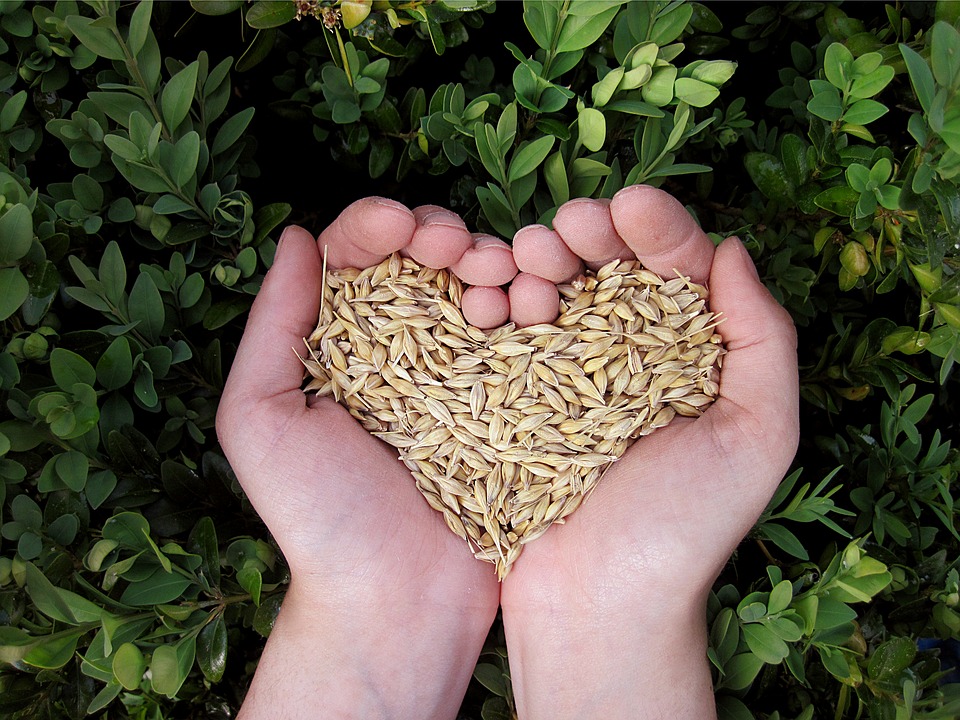
Is this possible? One of the solutions would be an inclusive economy.
Indeed, inequality exists in the world because there are those who have the possibility to accumulate wealth excessively and others who do not even have the right, and the possibility of access to work that is fairly paid. The strategies used by developed countries to achieve “zero poverty” and other goals are in vain if the world does not apply “economic inclusivity”. Everyone must be given equal rights! Everyone must be involved in the work for development.
In Africa and other countries where culture is a hindrance to development, strategies are needed to change the mentality, to make everyone more flexible to go beyond culture and give equal access to education and work, and for everyone to participate in the development of the country, for the good of all.
Let us walk together, united to improve life!
